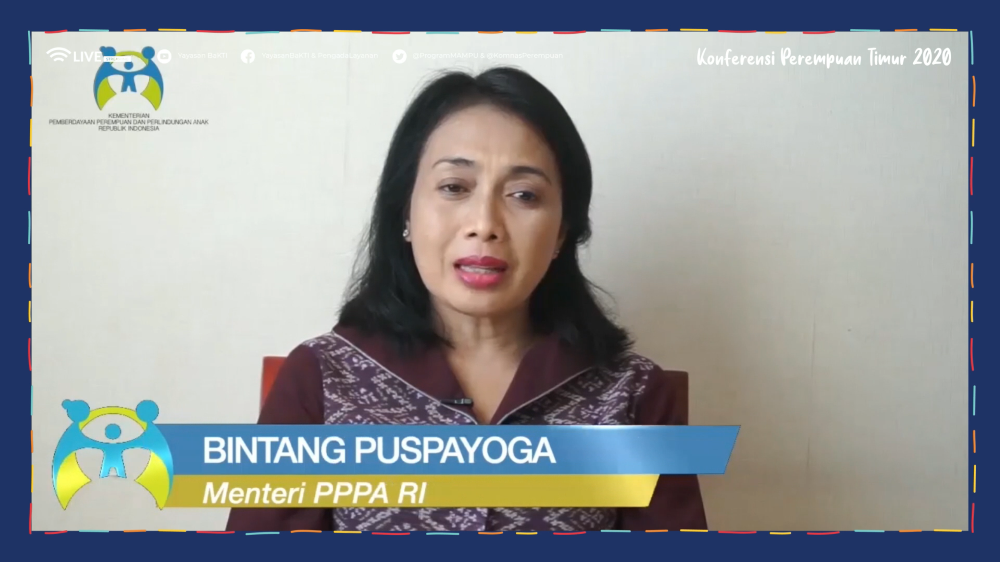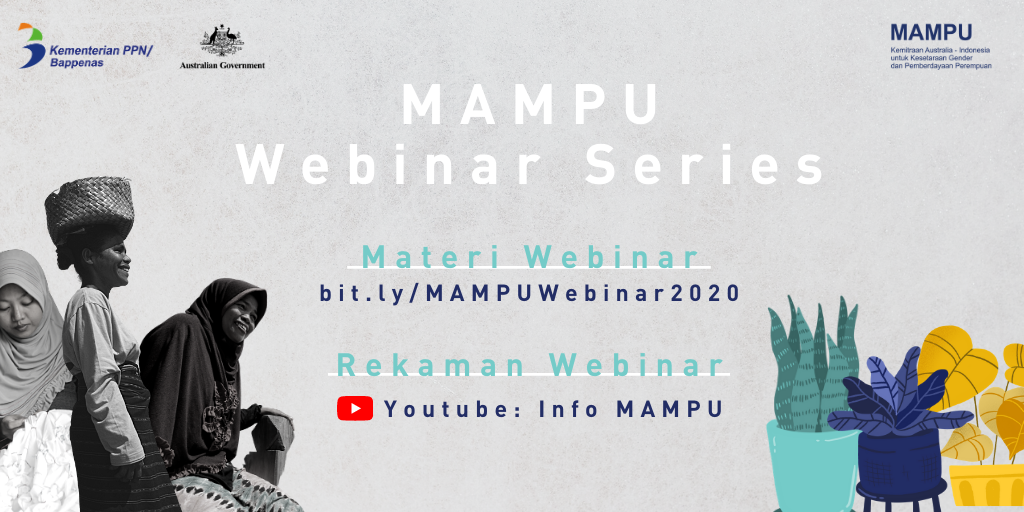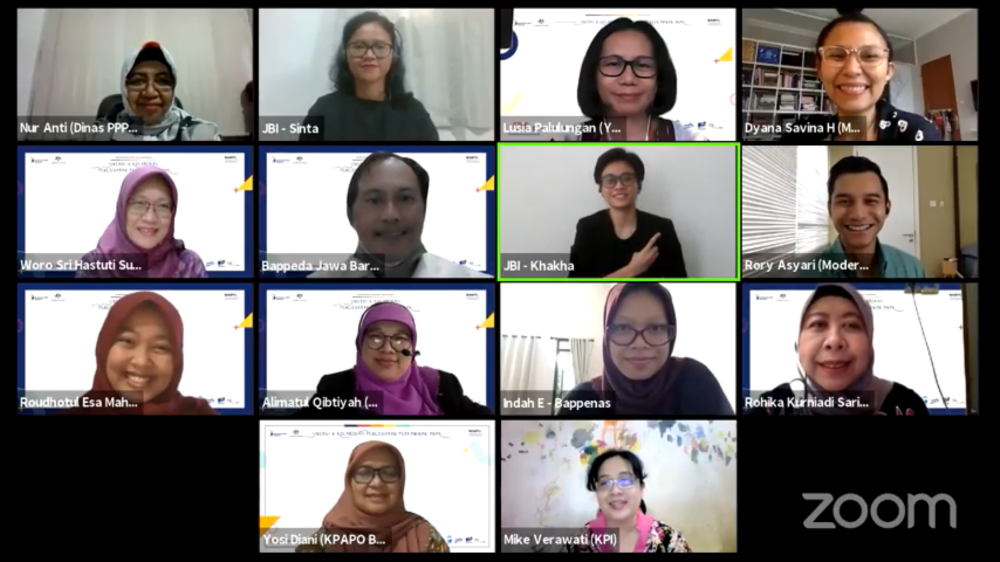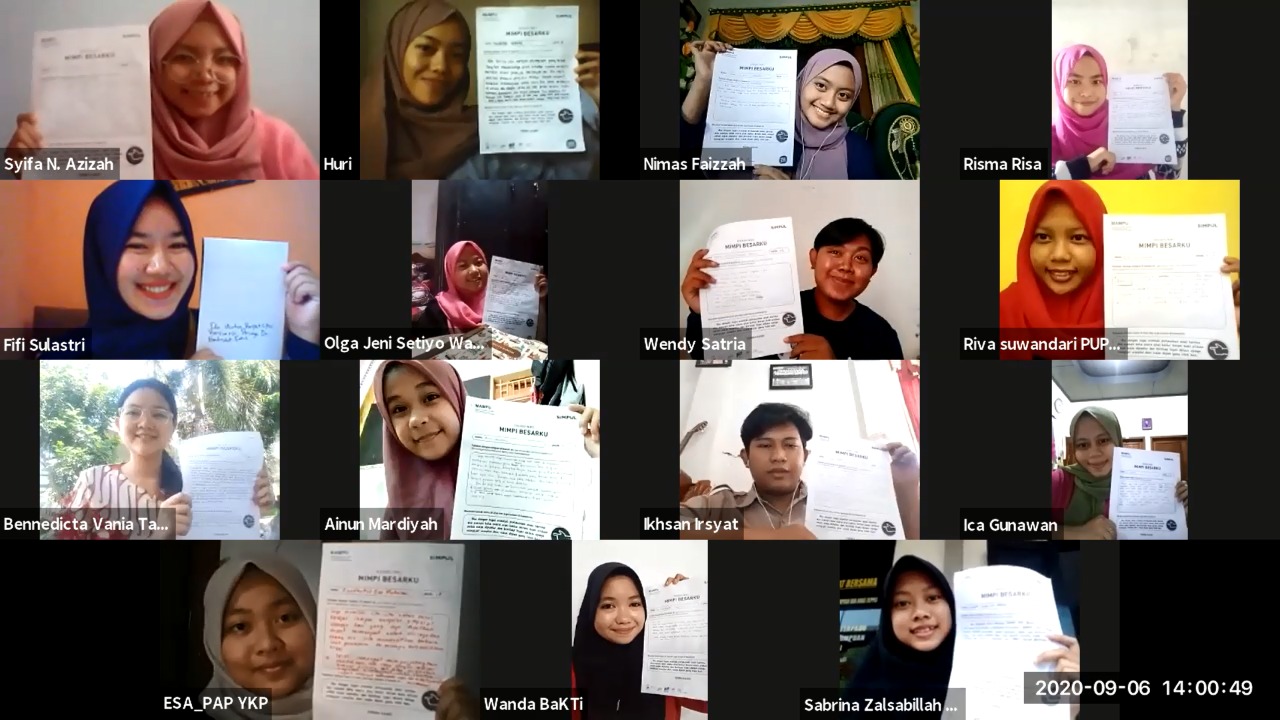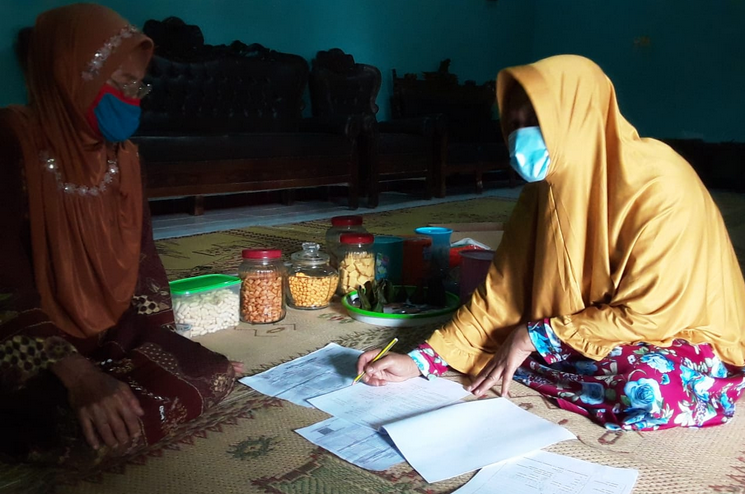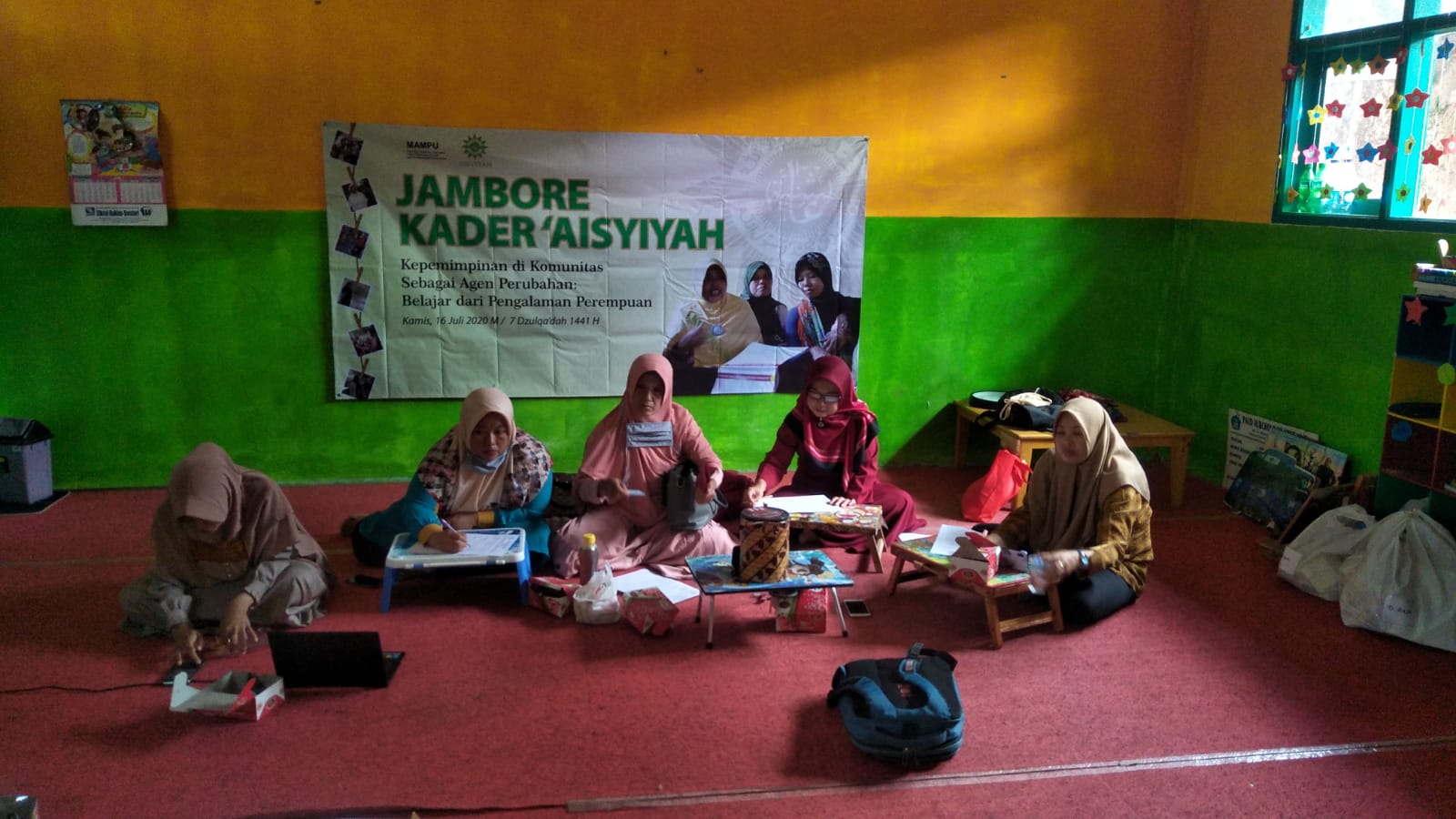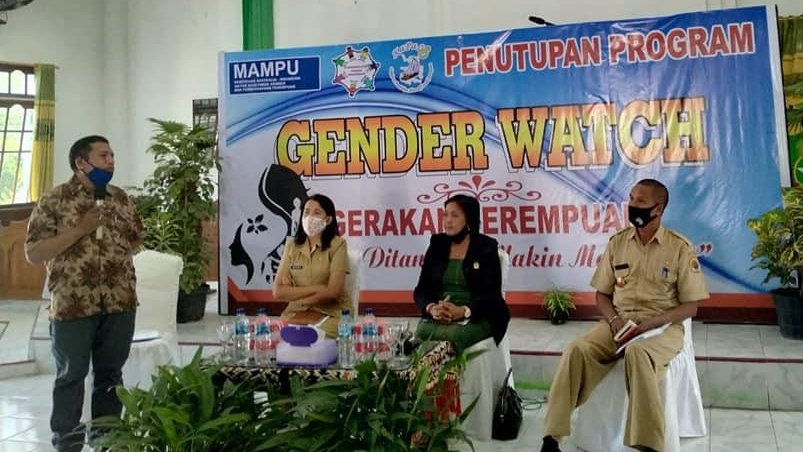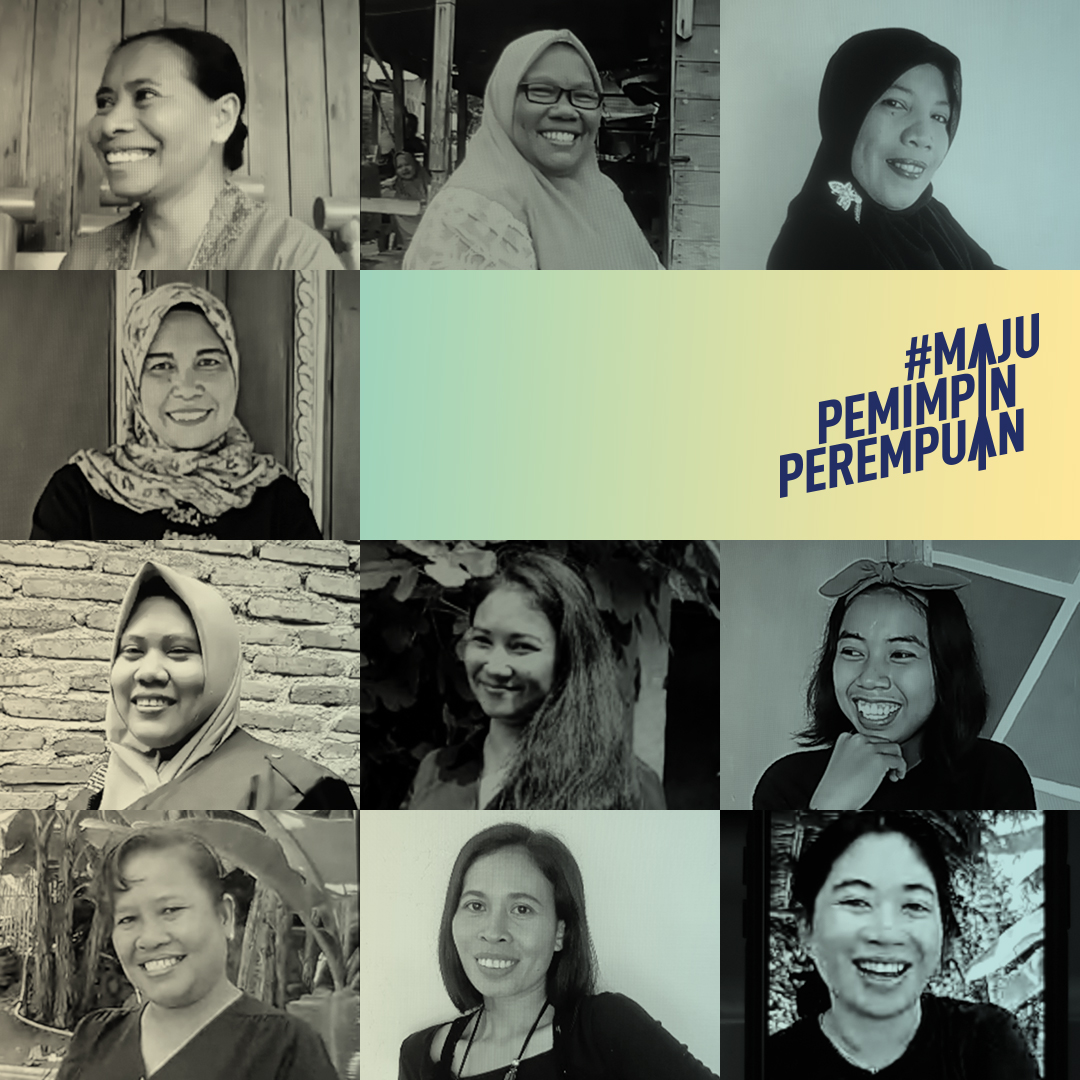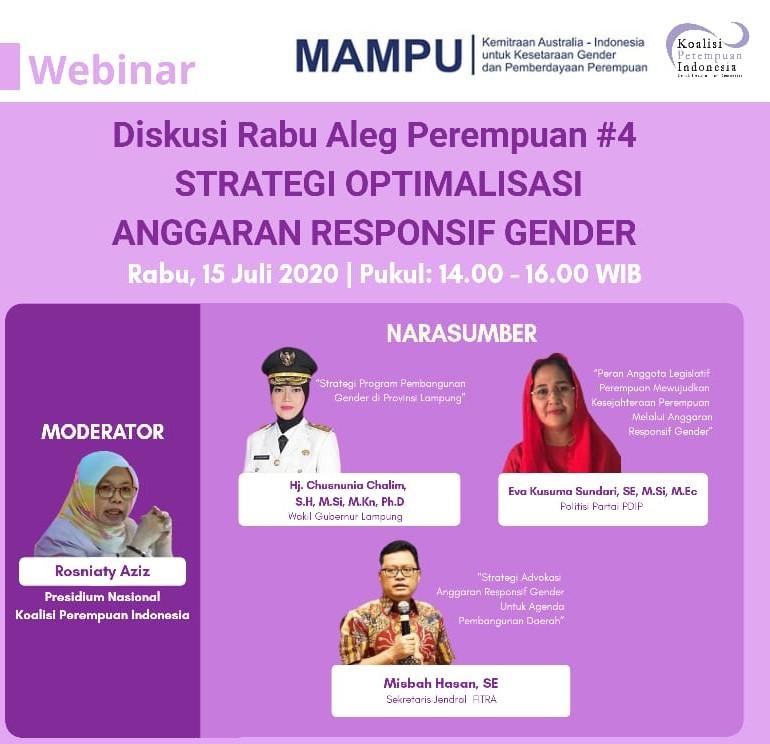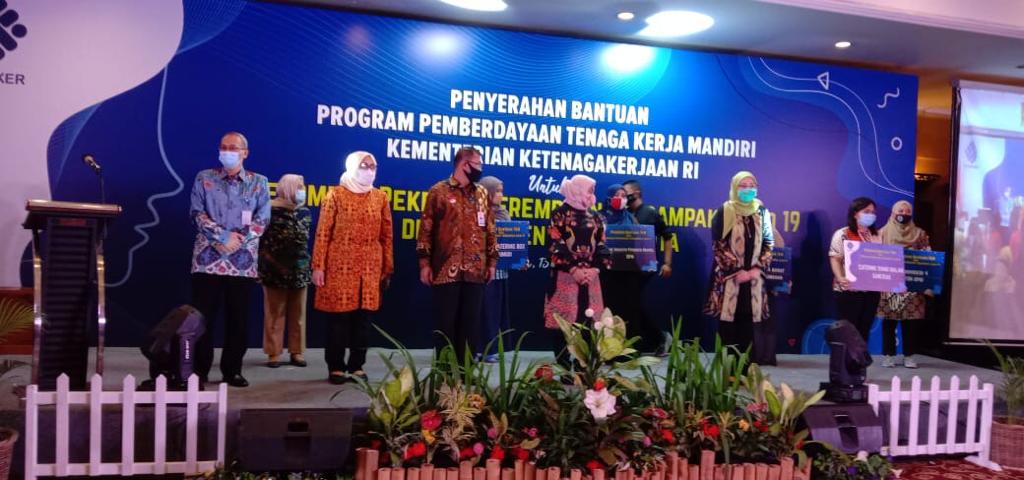Event
MAMPU Welcomes Phase II, Conducts Advocacy Training for Partners
31 March 2017Author: admin
MAMPU has entered its second phase. In this phase MAMPU partners focus to voice and influence stakeholders in producing policies in favor of women and the poor. To support advocacy activities that have been or will be implemented by MAMPU partners, MAMPU held a series of advocacy training for MAMPU partners.
There are three main objectives of MAMPU advocacy trainings which are strengthening partners’ understanding and strategy development in policy advocacy work, forming a shared knowledge about the twists and turns of advocacy in Indonesia and recognising the challenges of advocacy process which then becomes partners’ working reference.
One of a series of advocacy trainings MAMPU prepared for partners is “The Making of a Policy” which was held on 27-30 March 2017. Located in Jakarta, MAMPU partnered up with Political Studies Center, University of Indonesia (PUSKAPOL UI). There are 8 main points for the training as below
- The participation of civil society in the policy-making process
- Understanding the procedures for drafting laws and local regulations
- Understanding policies in favor of women and the poor
- Mapping actors and stakeholders in policy-making process
- Preparing policy papers
- Policy Strategy
- Monitoring policy-making process
- Risk management
All materials and training sessions based on the book that MAMPU and PUSKAPOL UI made entitled “The Making of a Policy”.
Basile Gilbert, Technical Program Manager MAMPU opened the training. He emphasized the importance of a strategic advocacy process in MAMPU phase II. In this second phase, the partners will enhance the great work in phase I and voice the work to various stakeholders.
On the first day, partners were given three materials. First, partners revisited their current advocacy works and encouraged to spot in which civil society could actively participate in the policy-making process. Through civil society’s active participation, it is expected to show the stakeholders facts on the grass roots level. Hopefully through the process, stakeholders could produce policies to resolve issues that occur in the communities. Second, through playing a puzzle, partners learned about procedures in drafting laws and regional regulations. Finally, partners were introduced about policies that are in favor of women and the poor.
“From this training, I look back in the advocacy process that I have worked in and currently working on. I made sure that the process falls within the correct flow or not. Also, what can we fix in the next advocacy process.” Hendra – Flower Aceh.
On the second day, partners were invited to look back at their stakeholders mapping in their advocacy process. Through this session, partners reordered their stakeholders mapping and ways to approach them strategically. Partners then invited to see the types of manuscript and their suitability in policy-making process.
“Through this training, I came to know of advocacy can be done through executives and legislatives. This fact is important for my organization. I remember our failed advocacy process, this may be a way for our next advocacy attempt.“ from Yayasan Embun Pelangi.
On the last day partners were invited to draw up an action plan in their upcoming advocacy plan while also mapped out the risks so they could be more prepared in their next advocacy attempts.
“As a paralegal I thought I would not be able to understand this training. Turns out I could. Now I have a better understanding of policy-making process and ways to actively participate in it. I feel I could assist in my organisation’s advocacy attempts.” Shifa, Apik LBH Aceh.
The training was closed by Caroline Tupamahu, MAMPU Team Leader who hopes partners could absorb the knowledge from the training and implement them to support their works in MAMPU phase II.




